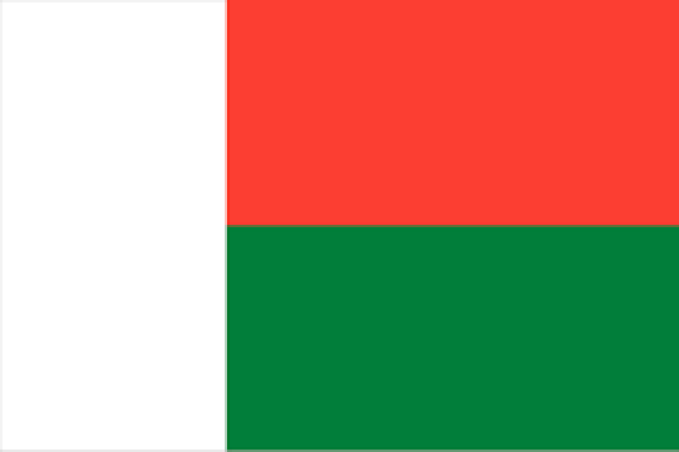Madagascar’s Mobile Money Operators Denounce Transaction Tax Plan

Madagascar’s three mobile money operators—MVola, Orange Money, and Airtel Money—have strongly opposed a proposed tax on mobile money transactions by the Directorate General for Taxes (DGI), warning that it would harm financial inclusion and the economy.
The DGI announced plans to impose a 0.5% tax on transactions exceeding MGA 150,000 (approximately USD 32), aiming to generate MGA 143 billion annually in tax revenue. However, in a joint statement published by Ecofin news agency, the operators argued that the policy would backfire, reducing mobile money usage and yielding significantly lower tax revenue than projected.
According to the operators, the proposed tax would sharply increase transaction fees—up to fivefold for money transfers and up to tenfold for merchant payments. This could lead to an immediate 30% drop in active mobile money users and a 60% reduction in transaction value within six months. Madagascar currently has around 23 million mobile money users, whose decreased activity would also negatively affect the 164,000 distribution agents operating in the country.
The operators contend that the tax would push users back to cash transactions, undermining financial inclusion initiatives championed by the Central Bank of Madagascar and the government’s digitalization agenda. They warned that taxing mobile money could slow the economy’s digital transformation, increase security risks, reduce transaction traceability (complicating tax collection), deter foreign investment, and decrease foreign exchange inflows.
Drawing comparisons with similar tax measures in Tanzania, Ghana, Cameroon, and the Central African Republic, the operators noted that such policies have historically produced comparable negative outcomes. Instead, they urged the government to focus on expanding mobile money adoption. Increased transaction volumes and merchant payments, they argued, would accelerate the digital economy and ultimately generate more tax revenue—an estimated MGA 100 billion—through economic formalization.
“This digitization will drive economic formalization and result in higher tax revenues,” the operators concluded.
 Africas leading resource for digital financial services
Africas leading resource for digital financial services


comments